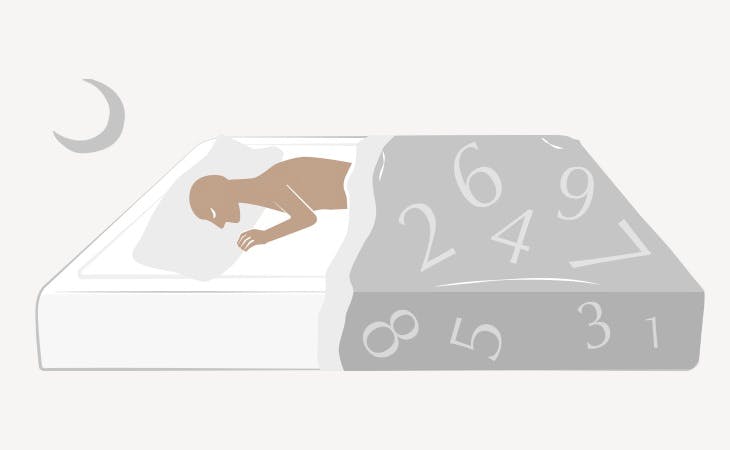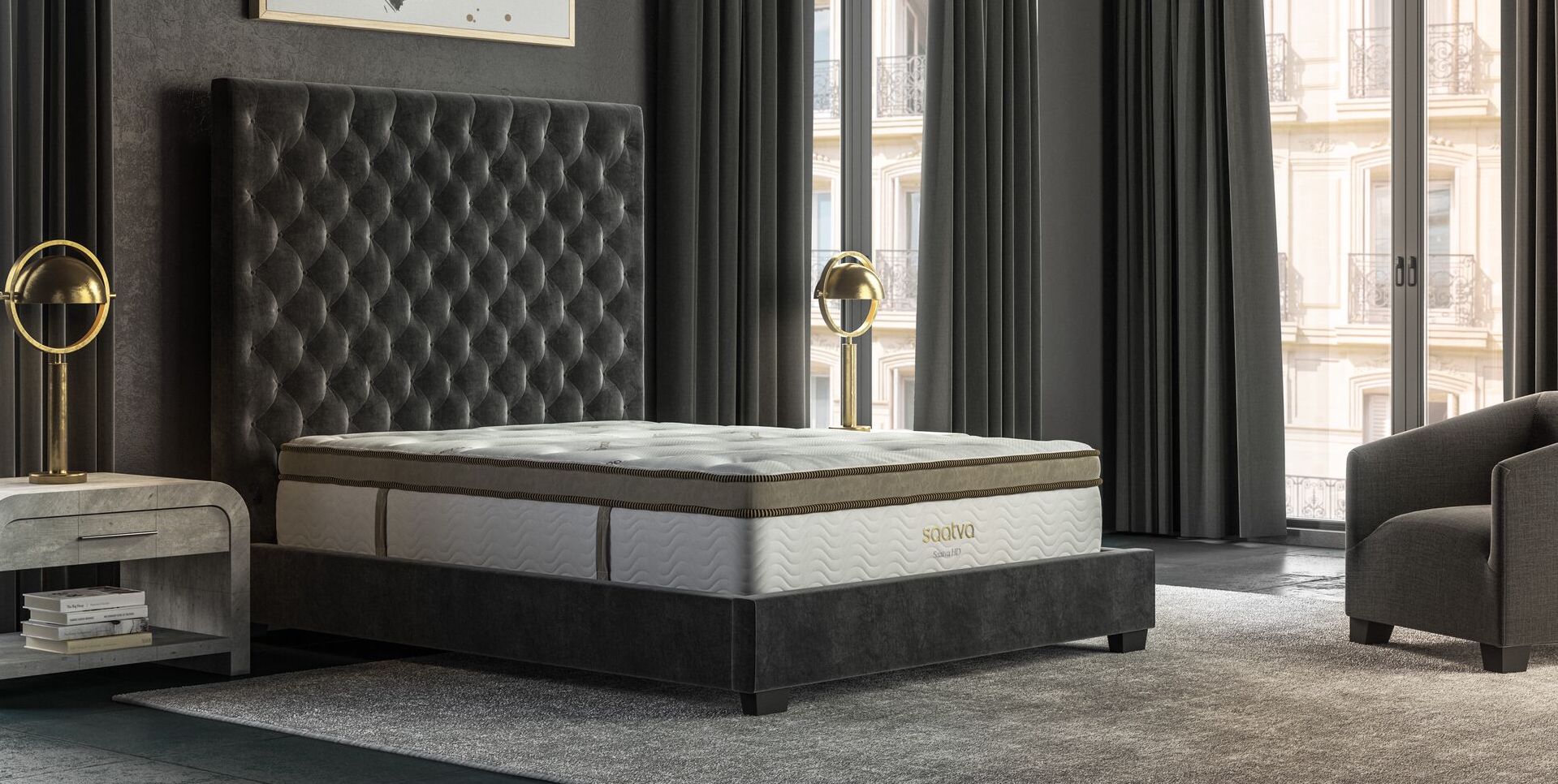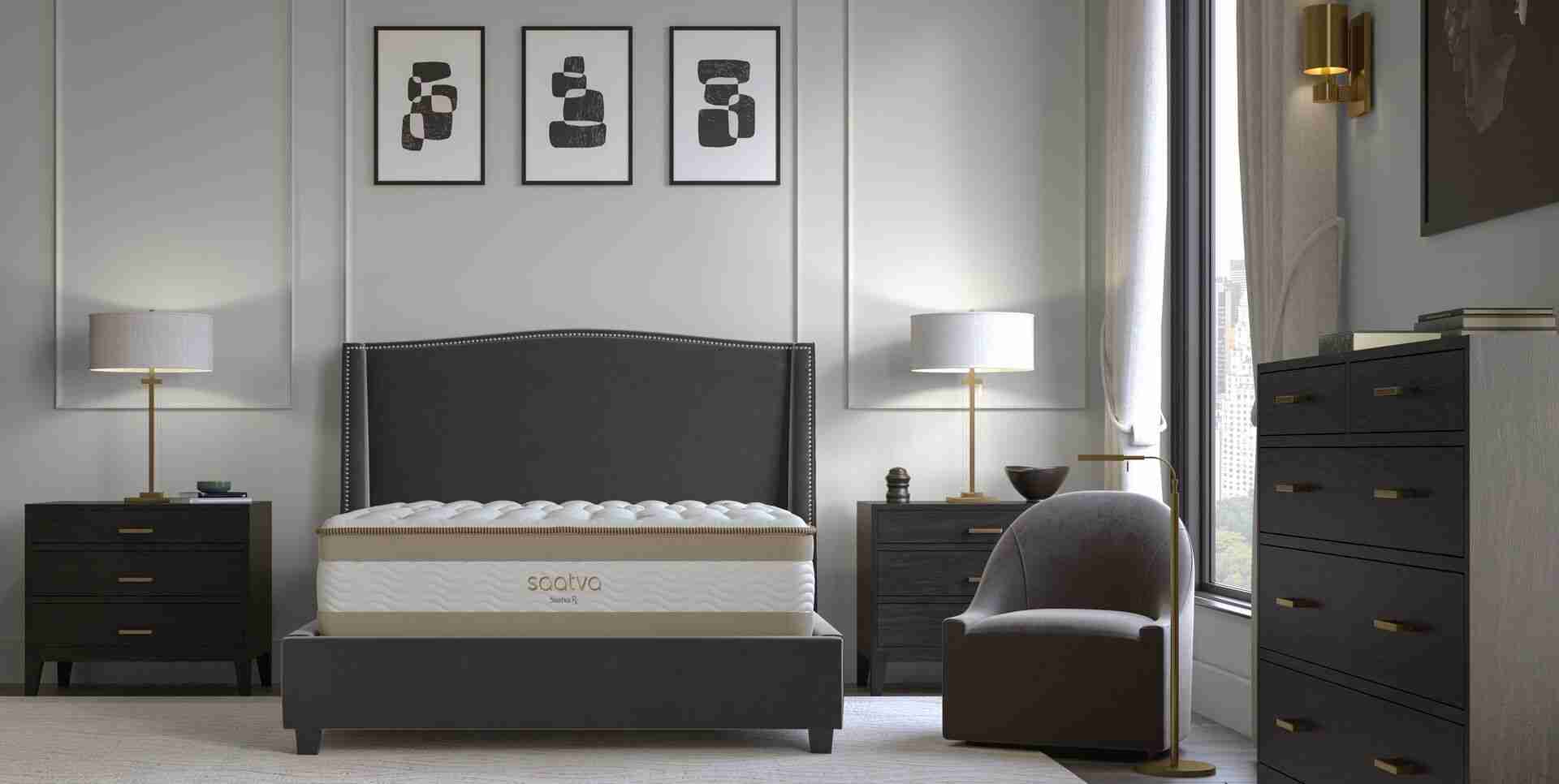Everyone knows that personality affects every part of your life, from your relationships to the types of jobs you prefer, to, yes, the way you sleep. In fact, some personalities are prone to insomnia, while others can typically fall asleep at the drop of a hat.
Enneagrams are a way to describe different personalities, and each Enneagram type (there are nine) is associated with a different sleep style. There is existing research that suggests Enneagrams impact how people change their behavior to impact health, says Shuhan He, MD, emergency medicine physician at Massachusetts General Hospital. That includes sleep habits.
Enneagrams and sleep
Curious about how your personality contributes to your sleep? Read ahead for how rest works for each of the nine Enneagram personality types. (And unsure which category you fall into? Take this Enneagram test to find out which best describes you.)
1. The reformer
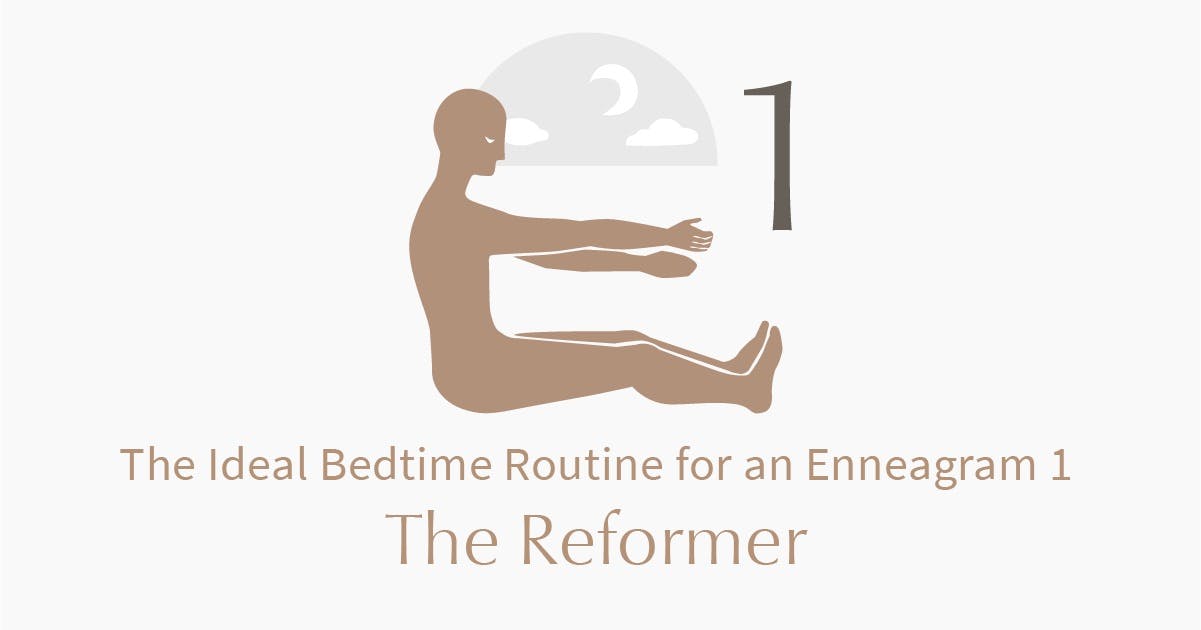
Reformers are typically perfectionists and very disciplined, which can be used to your advantage when it comes to creating a regular sleep routine. “Better sleep is all about consistency, so reformers can use their strengths for good by developing a relaxing nighttime routine to practice each night,” says Ashley Little, certified sleep science coach with MattressAdvisor.com. Fit into this category? Do some light stretches, turn down the lights, and skip tech for one or two hours before you go to sleep on a regular basis, Little says.
2. The helper
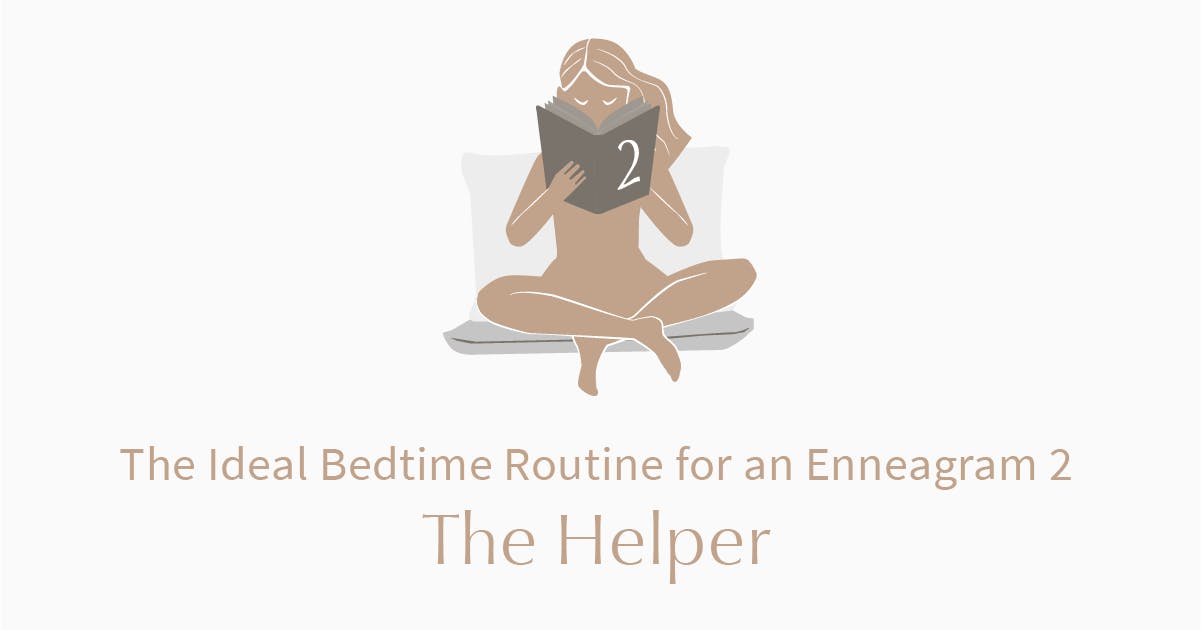
Helpers are generous people-pleasers who often put aside their own needs to help others. “Helper types will do well to take more time for their own self-care, starting with their sleep,” Little says. If your S.O. or pet is getting in the way of your Zs, for example, try to set boundaries. You can keep them interrupting your sleep by getting a “sleep divorce” and resting in different rooms or transitioning your pooch to their own bed next to yours.
3. The achiever
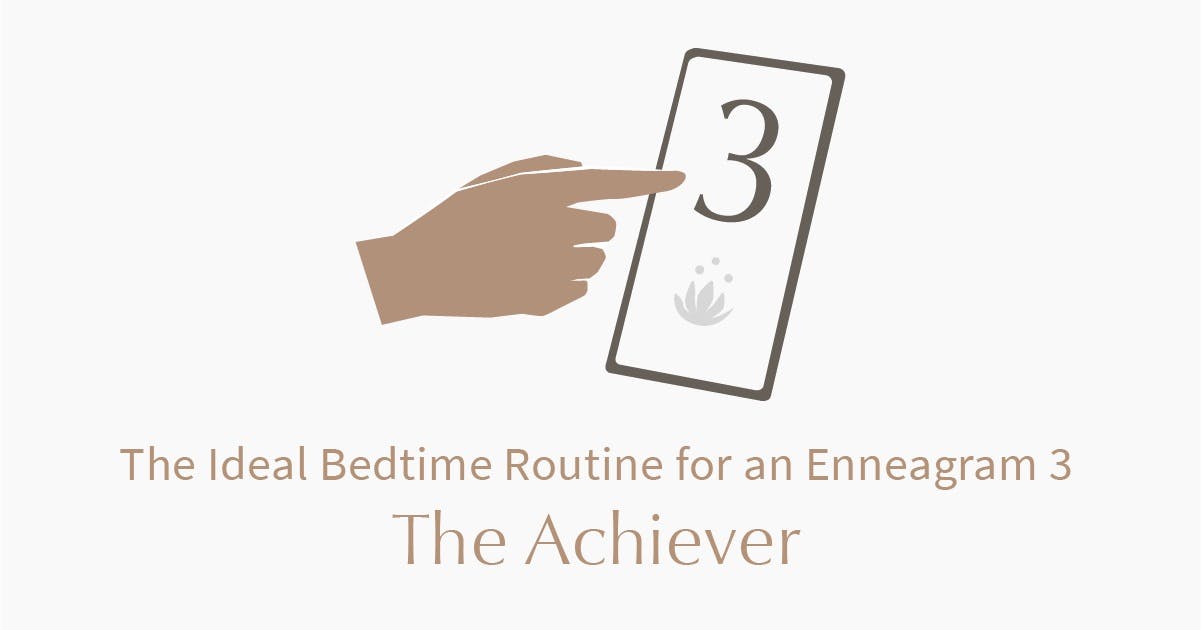
There’s no stopping this Enneagram type—achievers are all about reaching for success and going for their goals, but they may overwork and tire themselves in the process. “They’re also susceptible to becoming trapped in the nasty stress-sleep cycle, where excess stress leads to more trouble getting sleep and less sleep leads to more stress,” Little says. To combat that, add rest to your to-do list: set reminders to de-stress with a breathing or meditation session and keep up with regular exercise to clear your mind and cut down on worries.
4. The individualist
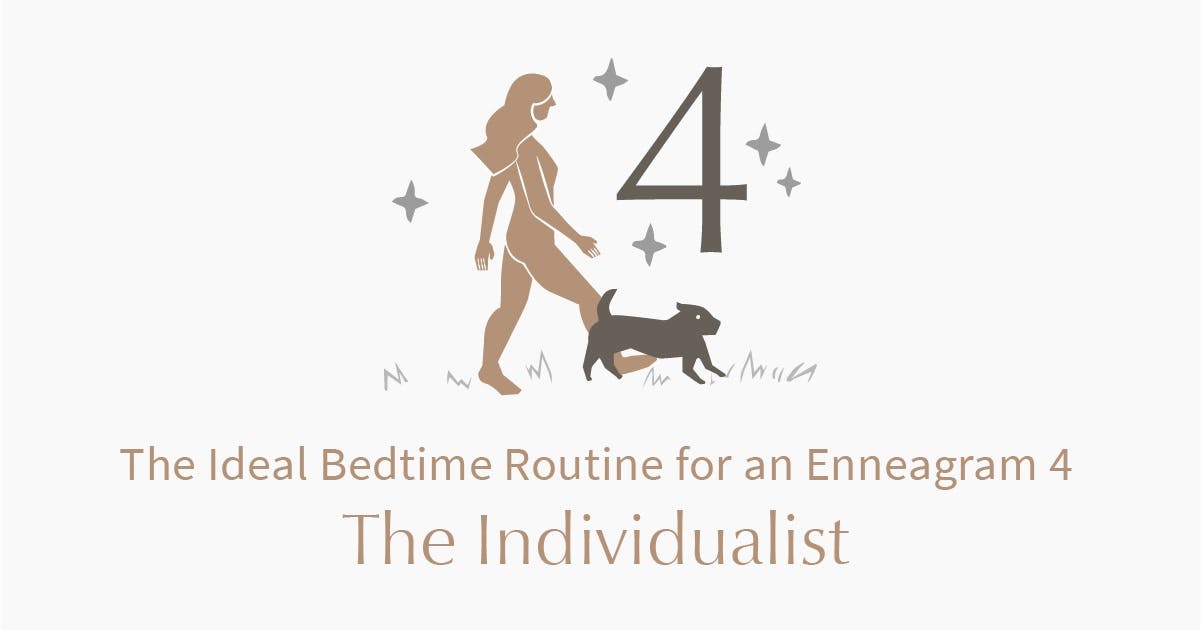
The Enneagram Institute describes the individualist as the sensitive and withdrawn type, which can be expressive, dramatic, self-absorbed, and temperamental. Skimping on sleep can ramp up the snippy side of individualists, so if this describes you, you’ll want to make sure you’re getting enough rest. “Individualists are often sensitive, and their sleep can be easily interrupted by tiny distractions in life and the sleep environment,” Little says. Keep those little disturbances to a minimum by making a “haven of relaxation” in your bedroom, she suggests. Hang up blackout curtains, turn on a white noise machine to block out noise, and diffuse essential oils like lavender to set up a spa-like atmosphere.
5. The investigator
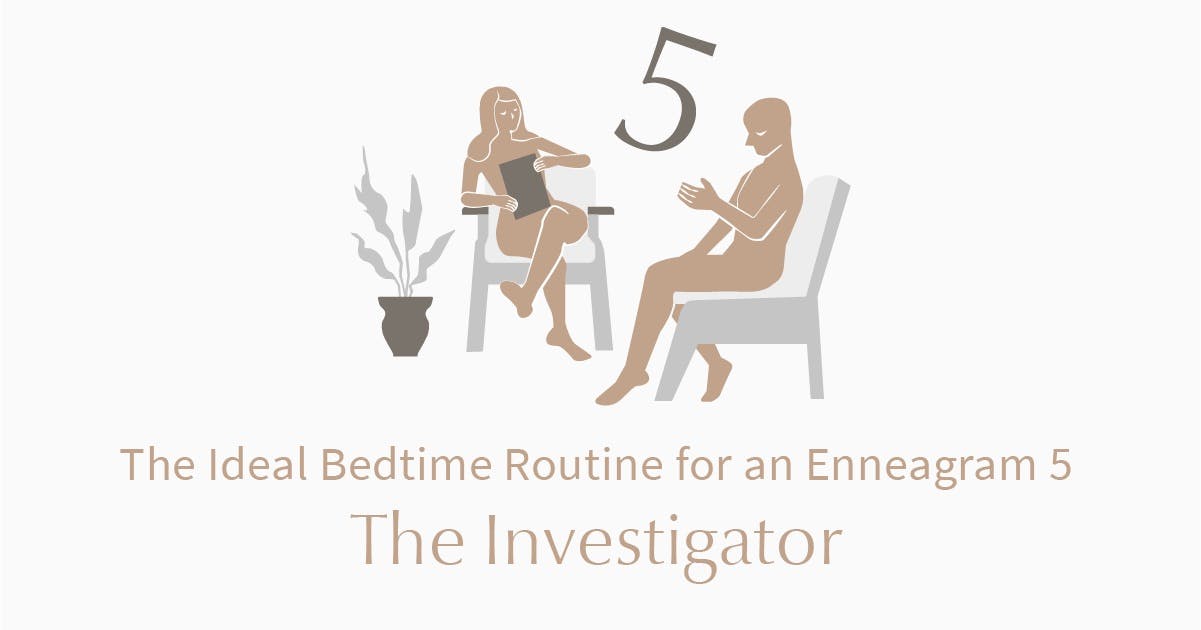
The investigator, known as the “intense, cerebral type,” may be one of the categories to struggle the most with slumber, says James Cobb, RN. Investigators want to understand why things are the way they are, a thought pattern that potentially keeps them up at night. Meditating or picking up a prayer program may help this personality type to unwind—though some more drastic measures like seeing a doctor may come into play. Investigator types also “can gain a lot of satisfaction from dream journaling and the increased communication with the subconscious it entails,” Cobb says.
6. The loyalist
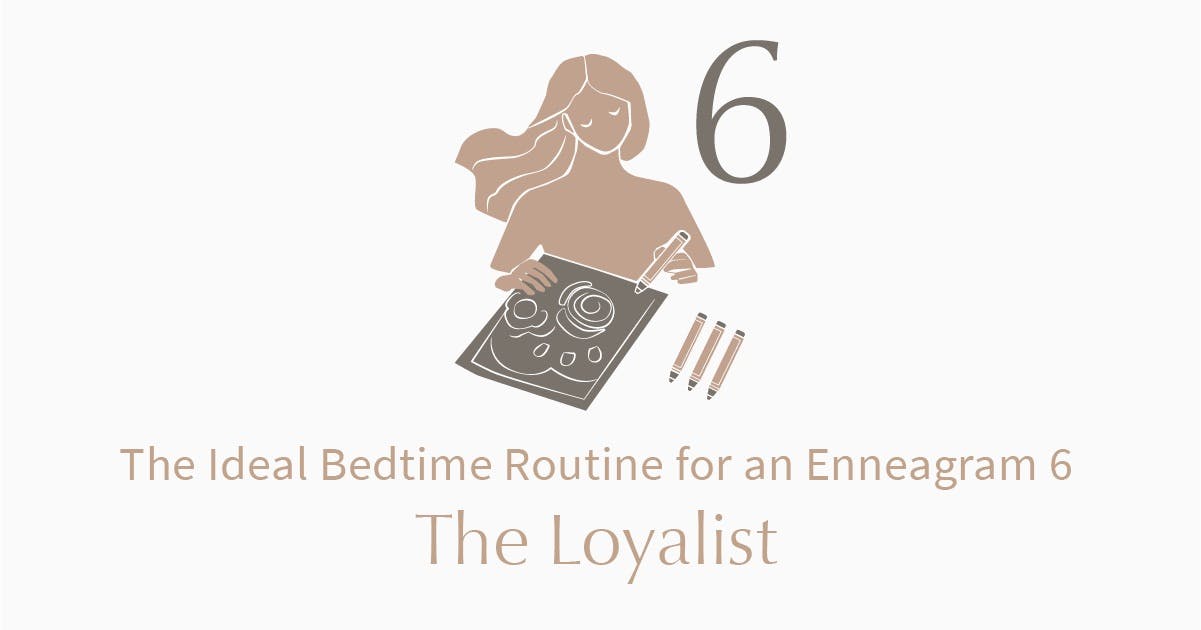
This Enneagram type can be loyal to a fault, which can cause them to lay awake worrying about others during the wee hours. “This type needs to get in the habit of leaving the smartphone out of the room and not let it interrupt their sleep,” Cobb says. “They need to not be on call.” Keeping a stable work and family environment, while avoiding toxic personalities like trash-talkers and backstabbers, can also help in creating a more peaceful and restful environment.
7. The enthusiast
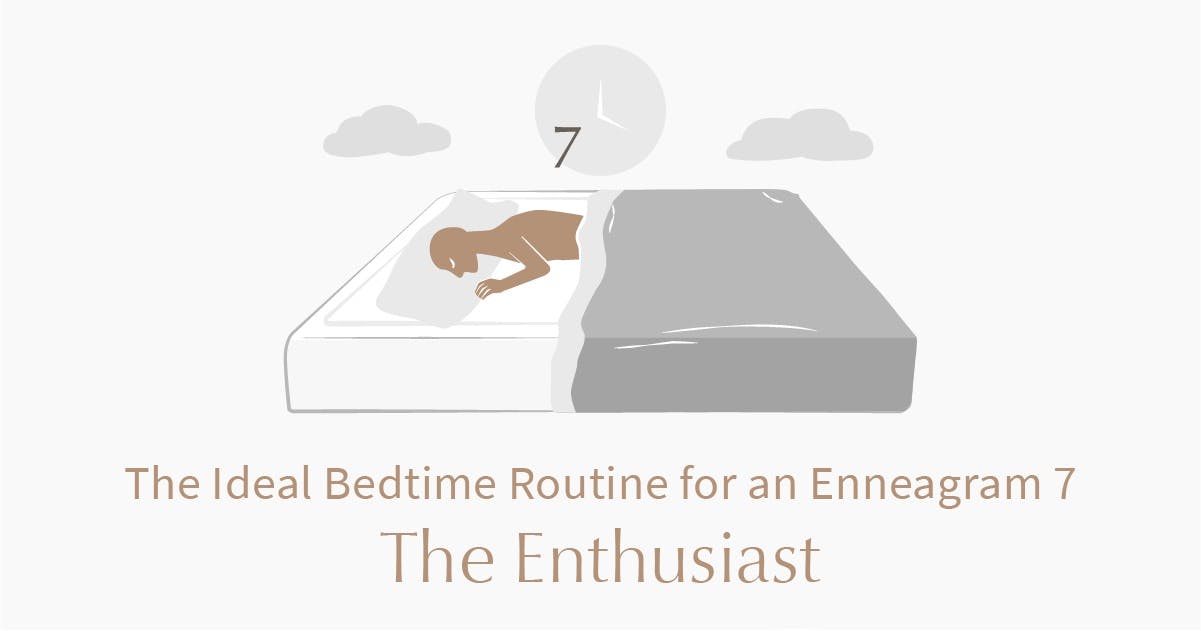
Much like the label suggests, this Enneagram type approaches life “enthusiastically and full of wonder,” says Cobb. Setting some boundaries, like keeping smartphones out of the bedroom and not letting FOMO push you into a bunch of late-night plans, can be beneficial. For enthusiasts, napping can backfire, according to Cobb. “The Type 7 typically keeps going until sheer, utter, complete exhaustion,” he says. “He or she then takes a nap, which interferes with sleeping at night. Type 7s need to be very careful with napping to make up for a sleep deficit and be sure their short-term good and the long-term good are in balance.”
8. The challenger
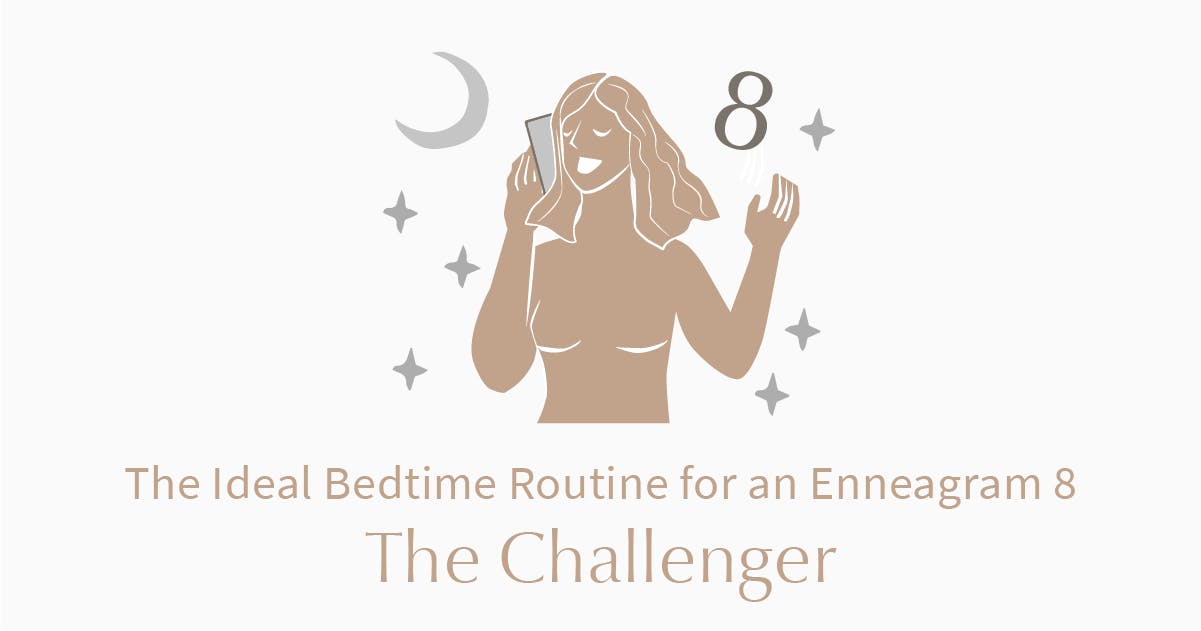
There’s no challenge that Type 8s can’t tackle—those that fit into this category are confident and willful, meaning fixing bad sleep habits will be a cinch. “Use a wearable to track your sleeping habits and see where you can improve,” Little suggests. If you’re waking up multiple times during the night, identify whether it’s noises, discomfort, or temperature that is disrupting you and nip the problem in the bud.
9. The peacemaker
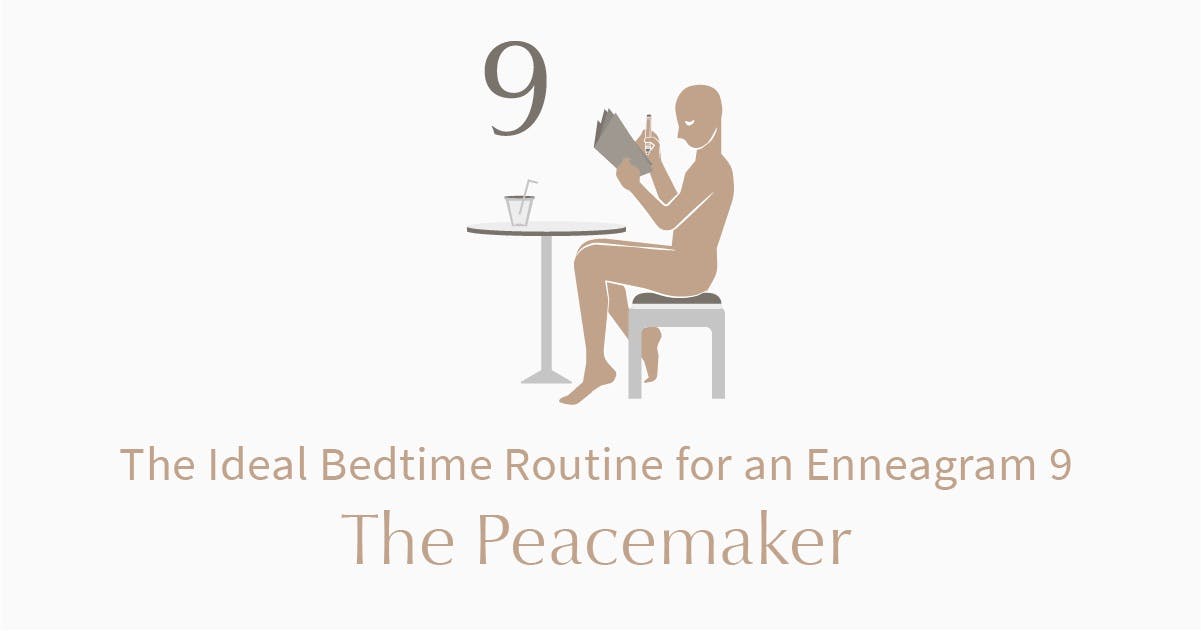
This Enneagram type gives peace more than a chance—it’s the overarching driver behind most actions. Peacemakers are often overly agreeable and tend to put themselves last. “Stop neglecting your own well-being and prioritize it with intentionality,” Little says. Meditating in the evenings can help clear your mind of other people’s problems, helping you fall and stay asleep better.
The bottom line on Enneagrams and sleep
Every personality type can benefit from some tried and true sleep hacks, says He. Don’t drink coffee or green tea after dinnertime, stick with a sleep routine, go to bed in a cool and dark room, and turn off mobile devices at least an hour before snoozing.
Two other tips: Try to engage in a boring activity to fall asleep or move to a different room if you don’t fall asleep within 20 to 30 minutes, He suggests.
What does your zodiac sign say about the way you sleep? Here’s what your astrological sign can tell you about your sleep habits.

